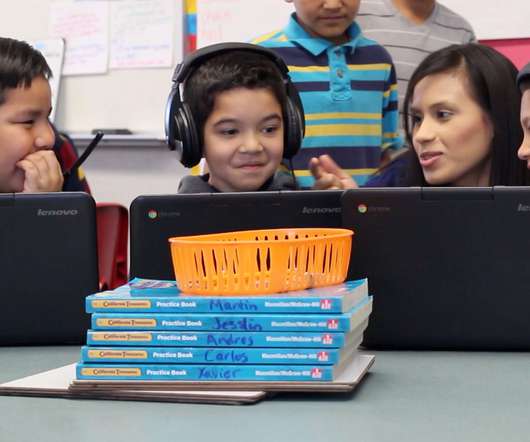How to do online learning well? A California district has some answers.
The Hechinger Report
DECEMBER 19, 2021
The result was the adoption of “a learner centered, personalized, competency-based” approach that allows students to meet learning goals on their own terms, Rooney said. Related: Why a high-performing district is changing everything with competency-based learning. The role of technology.















Let's personalize your content